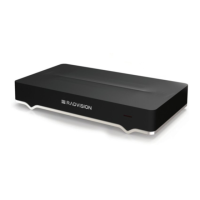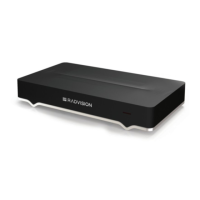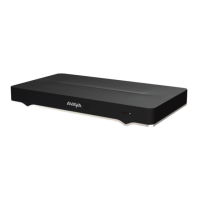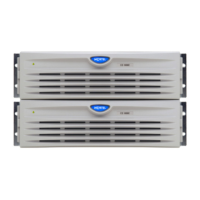Field Description
Verify Certificate Select Yes to connect to other devices via TLS
only when the other device has certificates
signed by a CA recognized by XT Series.
Select No to connect to a device whose
certificate has not been validated.
Certificate Hostname Validation Select Accept Validated Only to ensure that
only certificates with validated hostnames are
accepted by XT Series. This is the default policy
for certificate hostname and key/extended key
usage validation.
Select Accept Validated or same default
certificate to accept certificates which are
validated or which are the same as those
currently used by the XT Series.
Select Accept All to accept certificates without
performing a hostname validation.
Verify Certificate Key Usage Select Yes to ensure that the XT Series only
accepts certificates if a ‘Key Usage’ or ‘Extended
Key Usage’ value is validated.
Select No to accept certificates without
performing a ‘Key Usage’ or ‘Extended Key
Usage’ check.
Verify Certificate Revocation Select Yes always to ensure that the XT Series
checks if the certificate has been revoked. It
treats indeterminate results as failures.
Select Yes if possible to check if the certificate
has been revoked and to reject certificates which
have been known to be revoked but to allow
certificates if the result of the check is
indeterminate due to missing revocation
information in the certificate or a failure to check
the revocation status, such as in situations
where there is no response from the OCSP
responder, or an inability to download the CRL,
and so on.
Select No to disable certificate checking.
3. Select Save.
4. (Optional) If required by your organization's security policies, continue with Enabling
Encryption for Videoconferences on page 216.
Related links
Securing Connections to the XT Series Using TLS on page 203
Securing Connections to the XT Series Using TLS
January 2017 Avaya Scopia
®
XT Series Deployment Guide 215
Comments on this document? infodev@avaya.com
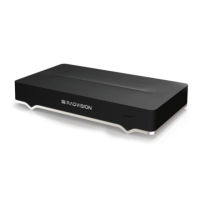
